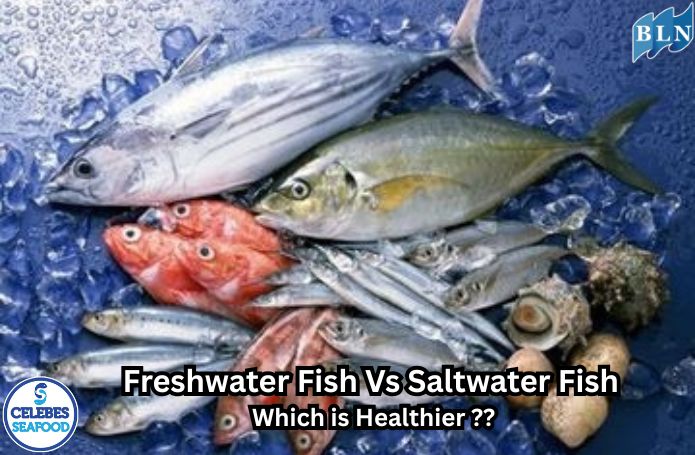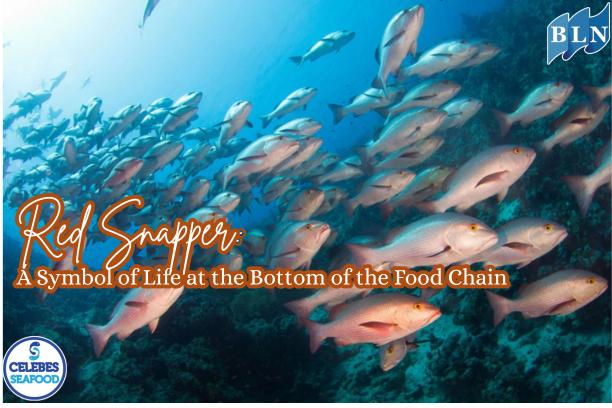Freshwater Fish Vs Saltwater Fish, Which is Healthier
By. Edi - 07 May 2025
lautnusantara.com Both freshwater fish and saltwater fish have excellent nutritional content for body health. Both are rich in high-quality protein, vitamins, and essential minerals. However, there are some differences in nutritional content and potential risks of contamination between the two:
A. Saltwater Fish:
- Nutritional Advantages:
Rich in omega-3 fatty acids, especially EPA (eicosapentaenoic acid) and DHA (docosahexaenoic acid), which are essential for heart health, brain development, and cognitive function.
- Generally contain higher levels of iodine, an important mineral for thyroid function.
- Some types of fatty saltwater fish (such as salmon, tuna, and mackerel) are also good sources of vitamin D.
- Potential Risks:
- Potentially contain higher levels of mercury, especially in large predatory fish such as tuna, swordfish, and sharks. Mercury can be harmful to nerve development, especially in pregnant women, infants, and children.
- May contain other marine pollutants such as PCBs (polychlorinated biphenyls) and dioxins, although levels vary by region and fish species.
- Tend to have higher sodium and potassium content.
B. Freshwater Fish:
1. Nutritional Benefits:
- Generally have a lower risk of mercury contamination.
- Some species (such as salmon and freshwater bass) have higher levels of vitamins A and B9 (folate).
- Calcium, iron, and manganese content tends to be higher in some species.
2. Potential Risks:
- Generally lower in omega-3s than saltwater fish, although some species such as catfish and pangasius also contain omega-3s.
- May have a stronger “muddy” or “earthy” taste depending on their habitat.
There is no single answer as to which is absolutely healthier. Both offer unique health benefits.
- For optimal omega-3 intake, fatty saltwater fish are an excellent choice. However, it is important to choose saltwater fish with low mercury levels and limit consumption of fish with high mercury levels, especially for vulnerable groups.
- Freshwater fish can be a good choice to avoid the risk of high mercury and still get protein and other important nutrients.
Tips:
- Vary your fish intake: Eating a variety of freshwater and saltwater fish will ensure a more complete nutritional intake and minimize the risk of exposure to certain contaminants.
- Choose fish wisely: Choose saltwater fish with low mercury levels (such as sardines, anchovies, wild salmon, shrimp) and freshwater fish from trusted sources.
- Pay attention to cooking methods: Cooking fish in healthy ways such as steaming, baking, or boiling is better than frying.
If you are interested in our product SLIPPER LOBSTER WHOLE ROUND, SLIPPER LOBSTER MEAT, Coral Trout Fillet Skin On,OCTOPUS WHOLE CLEANED FLOWER TYPE please do not hesitate to contact us through email and/or whatsapp.








